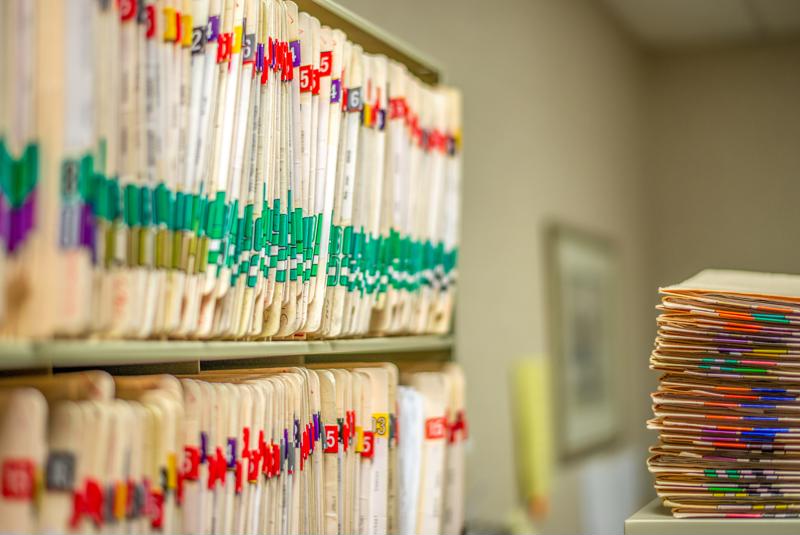
VA continues shift to scanning health care documents
Over the past few years, the U.S. Department of Veterans Affairs has focused on getting up to speed with the modern demands of the medical field. To that end, it recently announced plans to continue its shift toward broader use of scanned medical documents and electronic health records in all of its facilities.
While the VA began that rollout some time ago at a select number of its facilities, the agency is now moving spread those efforts more broadly nationwide and, in doing so, provide reductions in expenditures and greater efficiency of care, the VA recently announced. Previously, about 2 million files were housed in regional office space (which had to be leased), but through mid-April that number had been reduced to just 500,000 as document scanning efforts digitized all the data.
It's expected that the task of scanning that huge backlog of documents will be completed by the end of 2018. Since the efforts began in 2012, the VA has scanned some 397 million records into its document management systems.
"This modernization initiative seeks to eliminate delays caused by shipping and digital conversion," said Bradley Houston, director of VA's Office of Business Process Integration, which oversees the initiative. "It will give claims processors nationwide the ability to instantly access millions of inactive claim records when needed."

Of course, it's not just the VA that is now devoting significant resources toward scanning medical documents and managing them electronically. Because of the greater efficiency and savings they provide on an ongoing basis, more companies are moving to invest in document management services than ever. Moreover, that's a trend that's expected to continue for some time to come, according to Persistence Market Research. Indeed, medical document management systems should be a significant emerging market over the next four or five years.
The benefits of such services go well beyond medical document scanning, simply because at some point, care providers don't have as many documents to scan any more. However, they will likely still need to empower employees to scan in whatever necessary information comes across their desks as quickly and easily as possible, and tools like remote capture make that easily achievable.
